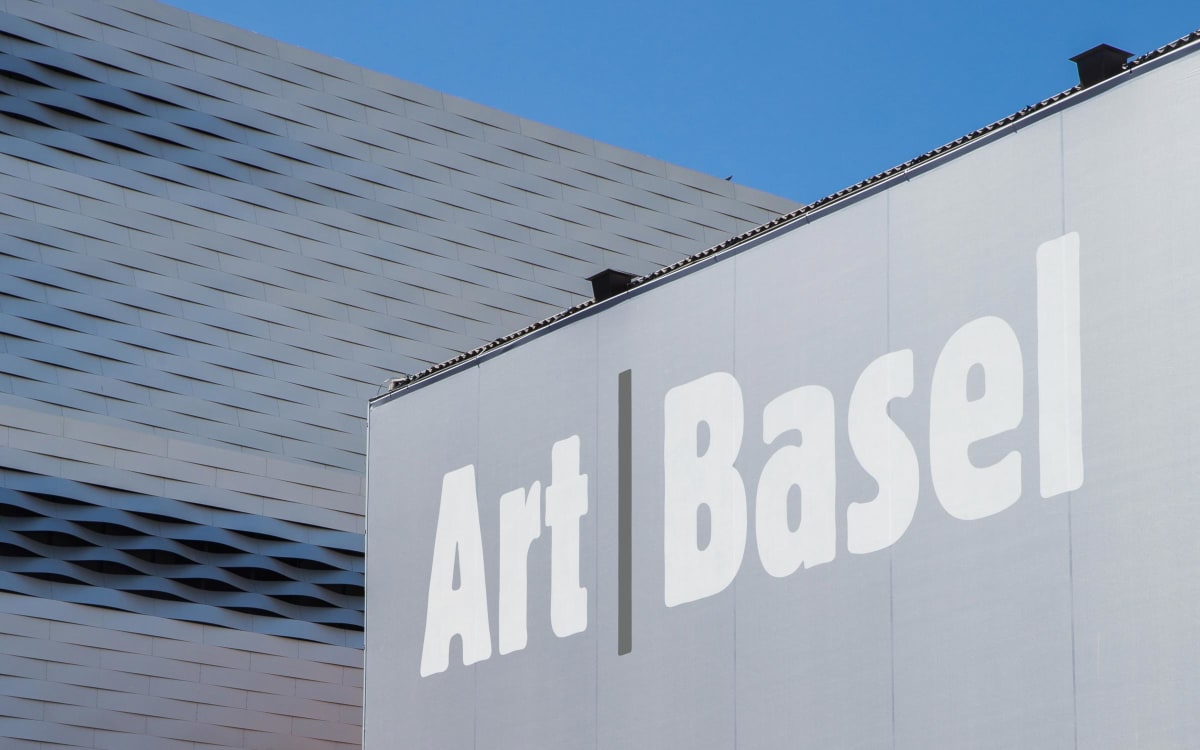MCH Group, the parent company of Art Basel, and LUMA Foundation have launched the blockchain startup Arcual for the art world.
While NFTs have been on the rise for the last 2 years, Arcual stands different due to its focus on art in general – not just NFTs. The startup will offer smart contracts as a standardized way to log provenance and sales agreements. Furthermore, it will also be a platform to disburse royalties and provide digital certificates of authenticity. These smart contracts will be available to artists, galleries, and collectors alike.
Bernadine Bröcker Wieder (CEO, Arcual) said about the initiative: “Arcual predates the hype of NFTs. Three and a half years ago a conversation happened between some members of the team at Art Basel and those at the Luma foundation about problems in the art industry and how blockchain could potentially help solve them.”

Blockchain has always found a potential use case in the art world; the decentralized platform’s ability to log records that could not be altered offered a valuable tool for proving the provenance and authenticity of artworks. Arcual is not the first startup to harness this technology either; Fairchain and Lobus were two startups launched last year that aimed to do similar things in the domain of the art world.
However, what makes Arcual different is the increased focus on security. Usually, smart contracts take inputs only from a single source – the owner/creator of the artwork. In the case of NFTs, this is generally not an issue. However, when expanded to general art trades and agreements – where the actual work in question is not visible on the record – a single input leaves scope for fraud. This is why Arcual uses two-factor authentication. Two parties – generally an artist and a gallery – would need to send inputs together to create a smart contract.
Weider is also hopeful that in the future, blockchain platforms wouldn’t have to associate themselves with groups like MCH and LUNA, and could function completely independently.


